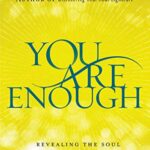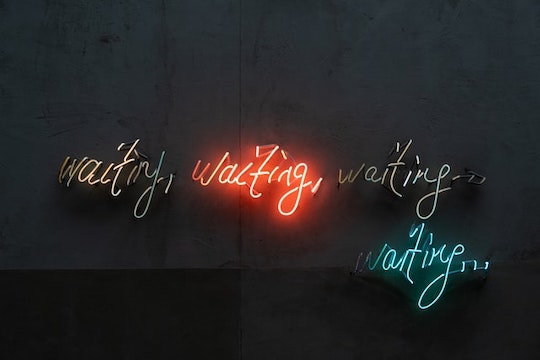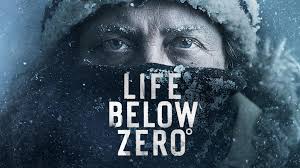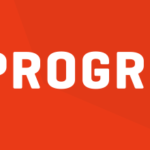“The more I want to get something done, the less I call it work.”
—Richard Bach, American author
Where do you draw the line between work and play?
Consider the activities that you want to, get to, and have to get done.
My grandchildren recently started 1st grade and preschool. At this early point in their lives, virtually everything is play and their enthusiasm and engagement is always ready to go.
About the only things that they don’t want to do is clean up their toys and go to bed, because of their own youthful FOMO.
EXERCISE:
In what areas of your life can you shift your views on your “have to do’s” to turn them into “get to do’s” and “want to do’s”?














